One of the advantages of working from home is the benefit of additional time, with no need to transit or fuss with getting ready. That same convenience can apply when you monitor your health from home. It can be a major timesaver, not having to travel to the doctor’s office, a clinic, etc. Such things as heart rate can be monitored with a wearable device, and the Internet makes it all too easy to look up medical symptoms. As long as we’re taking it to this level, we may as well jump in with both feet and do even more to monitor our health at home, for the ultimate in convenience.
Equipment
You can get equipment to help you monitor your health in your own home to save you from a doctor’s visit. Some of the equipment has always been available, some of it is newly available through technology, and others merely updated.
Blood Pressure and Blood Oxygen Monitors
Blood pressure and blood oxygen monitors have always been available, though not always utilized by everyone. For some, their health depends on knowing their current blood pressure or blood oxygen level, and traveling to the doctor’s office or the pharmacy can be a pain. These aren’t bad items to keep on hand just in case, even if you aren’t currently in need of them. Both have many options on Amazon, including some that will send results to an app.
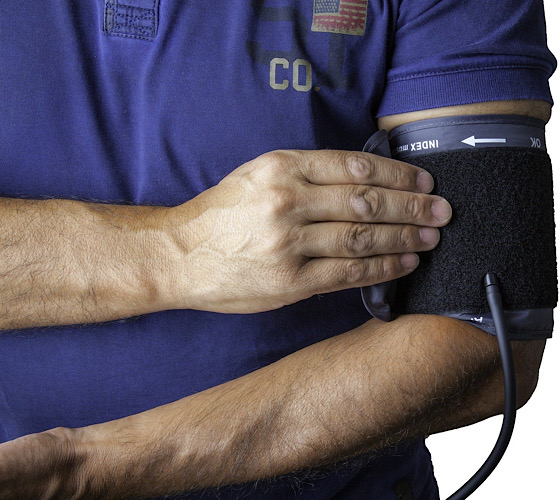
CPAP Machine
There seems to be a growing trend of people who can’t sleep without breathing assistance. You can have a tough day ahead, not being able to concentrate, meaning you won’t get as much done, if you don’t get a good night’s sleep.
Sometimes special mouthguards can help with this, but often those who have sleep apnea need the use of a CPAP (Continuous Positive Airway Pressure) machine. While in some countries you’ll need a prescription to buy a CPAP machine and accessories online, they are available. Modern versions of these machines connect through Wi-Fi to send your doctor your stats and can also send them to an app. That way you can check on your progress and see how much the apparatus has been helping you without having to leave your home.
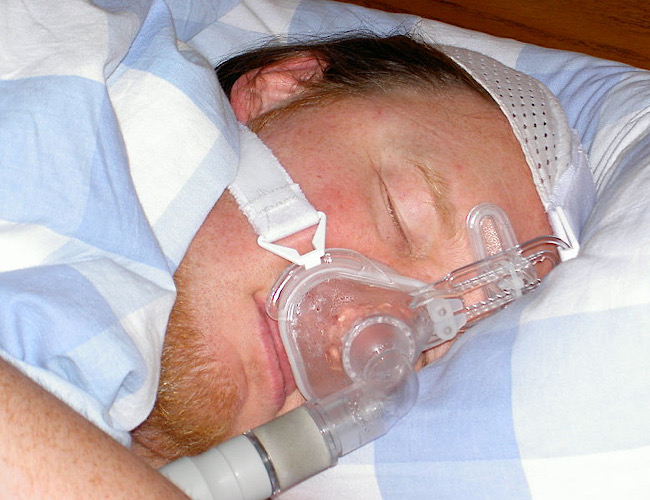
Scales
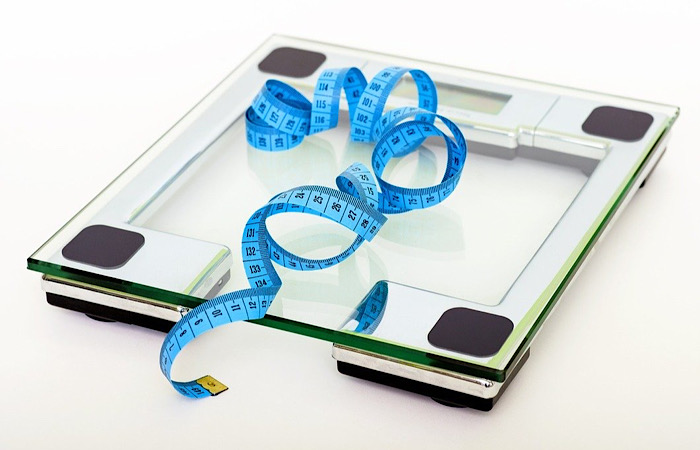
If there’s one thing many people dread when going to the doctor is having to step on the scale. It’s obviously more accurate than the ones at home. But you can get that same accuracy with a digital scale at home and save yourself the surprise of what your current weight is. Aside from being digital, you can also get one that feeds the information into an app on your phone. Along with weight, digital scales can also track your BMI and muscle, fat, and water percentage. It can provide you the benefit of seeing all this information together in one spot so that you can track it much more easily on your own. I’ve used this Greater Goods scale for the past four years and have had very few problems. You can use it with an app or without.
Wearables
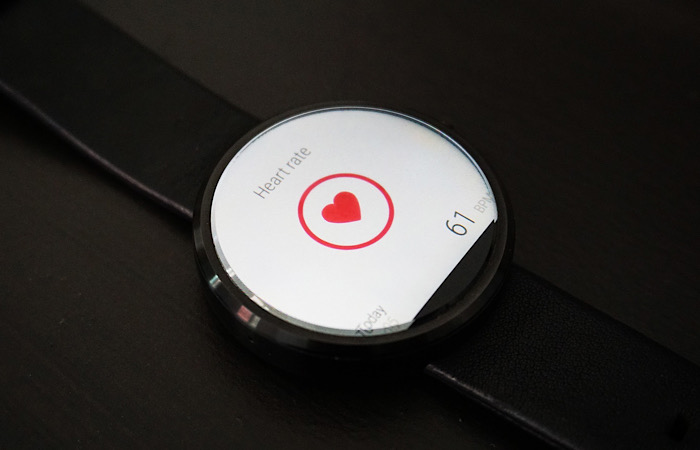
Fitness trackers, smartwatches, and the like can keep track of much of your health information, and they’re starting to come around. Whether you get a Fitbit, an Apple Watch, or something in a different OS, it can track not only the details of your fitness, but also your heart rate, ECGs, blood oxygen percentage, and much more, including your mental health. These wearables continue to do more and more, saving you the trip to see a doctor to check your vitals. The most popular the past few years has been the Apple Watch.
Internet
With this deluge of information that we get from equipment, especially those that are connected digitally, we don’t want to forget the Internet. Not only can it be beneficial for providing general information, but you can find details about your personal health as well. It’ll save you time while providing more peace of mind.
Find Health Care Professionals
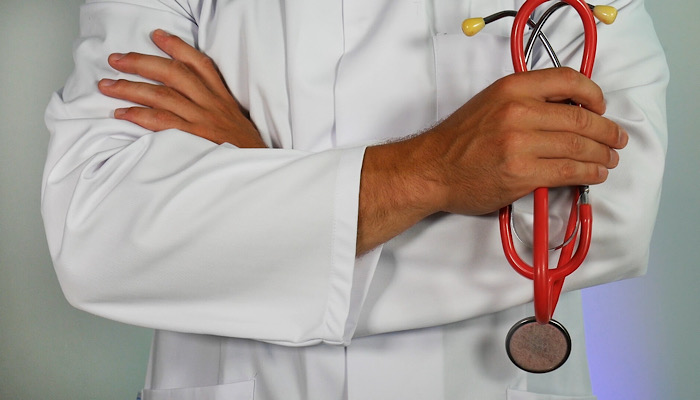
The Internet can be a fantastic source for finding medical professionals. While at one point we all just went to our neighborhood doctor who would assign a specialist, and we didn’t question it, things have changed. We all have a personal care physician, and our insurance dictates which specialist we go to. But how do we trust them? Save yourself the time and aggravation by easily googling health care professionals. You can also check them out at Healthgrades, which will show you profiles of certain doctors, including reviews, or allow you to search via specialist and address.
Look Up Symptoms
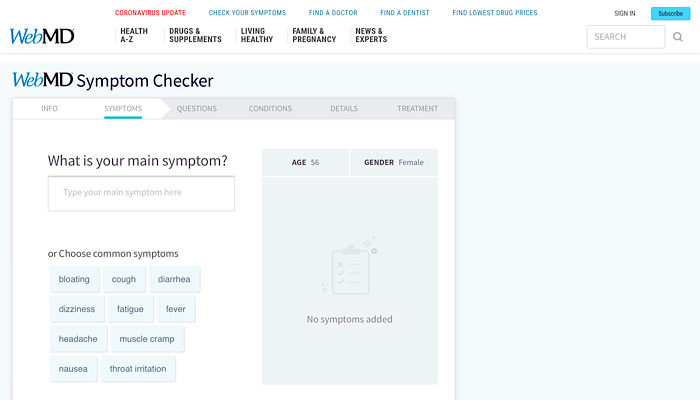
While this practice is probably the bane of every doctor’s existence, you can also google your symptoms to see what treatment choices you have. It can be too much information, though. Take it from someone who had leukemia: everything I researched only frightened me. I had to stop searching for my sanity, as the information was beginning to make me question whether I was going to make it. It’s not good for your physically or mentally to have that type of thing hanging over your head. However, a website such as WebMD allows you to look up your symptoms, research diseases and treatments, and so much more, giving you peace of mind while you wait to see a doctor for a professional opinion.
Reach Out to Support Group
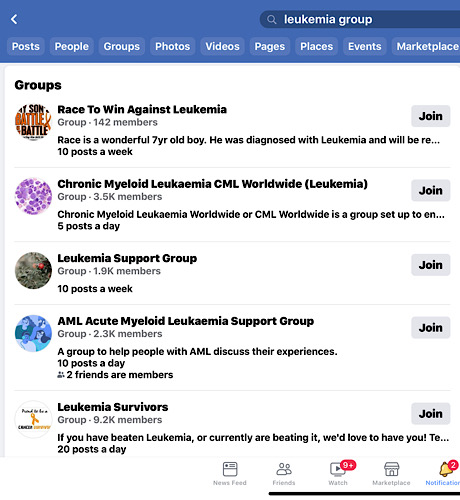
Facebook gets attacked from all angles, but one thing it’s particularly adept at is bringing people together. There are closed groups for every topic under the sun – and this includes medical support groups. Support for those while truly understand can do much for your mental health. You can find support for your particular illness, providing you with much information and support. There are, of course, other sources for groups as well, but Facebook just happens to be the easiest to reach.
Medical Records
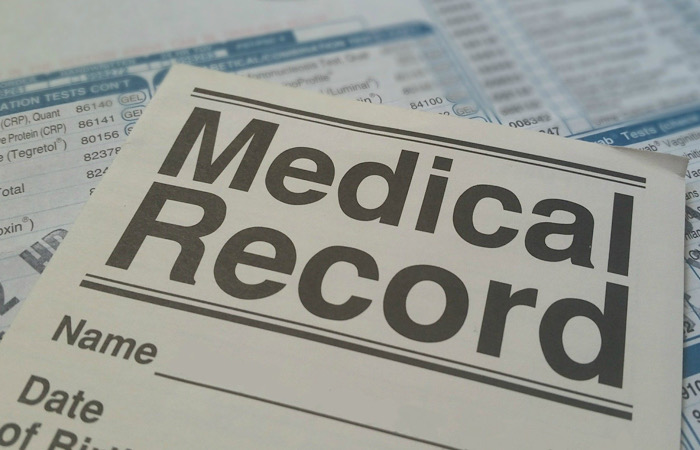
You may not realize it, but many of your medical records are available online. There’s no need to drive to the doctor’s office or hospital to pick up your records. Usually, your doctor or hospital will send you an email with directions on how to access your records. This can be either through an app or on the Web. It will include various information, such as past illnesses, tests, immunizations, hospitalizations, doctor and/or hospital visits, medications, etc. It’s truly a wealth of information that is available right at your fingertips.
Bringing It All Together
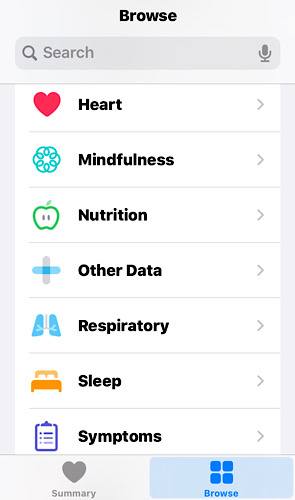
You can bring it all together and monitor your health at home in one spot. You could do it on your computer, but that may take extra steps to port the information over. A great place to do this is on your phone. iPhones include the Health app that includes health, medical, and fitness info, while many Android manufacturers provide a similar app. Many of your devices can be set up to feed the info directly into the app. And the apps can also connect to hospitals and labs to get your results and vitals to once again save you time in having to make that trip.
Once you begin to monitor your own health at home, you will be able to take control of it and make more educated decisions. You’ll save time, be more healthy, and will have greater mental health as well with less anxiety. All it takes is some organization to decide which information you want to be in your control. With all that settled, you can also create your own routine that works for you, to continue being in control of your life.
Image Credit: Michael Symonds via Wikimedia Commons. All others public domains
